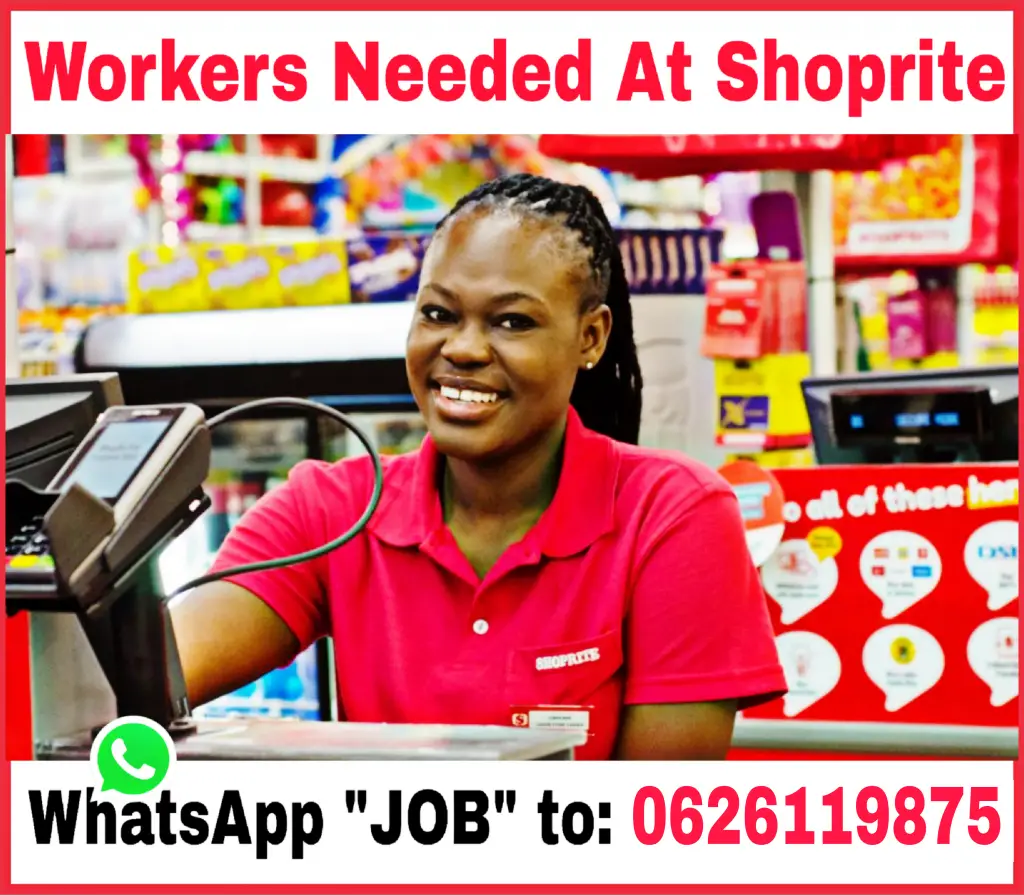
🎉📱In a move that has sparked considerable excitement and debate across South Africa, the African National Congress (ANC) and President Cyril Ramaphosa have announced an ambitious new initiative aimed at their supporters: the distribution of free 20 GB data and R100 recharge vouchers. This unprecedented gesture, introduced at a time when the country is navigating a complex socio-economic landscape, promises to have significant implications for both the political and social spheres. This article delves into the various aspects of this initiative, exploring its motivations, potential impacts, and the reactions it has elicited from different quarters.

Claiming your free 20 GB data and R100 recharge voucher is as easy as sending a text message. All you need to do is SMS the word “ANC” to the keyword number “312208”. Once you’ve sent the message, you’ll receive a response with further instructions on how to redeem your data and voucher. This simple, user-friendly process ensures that the benefits are accessible to a wide range of supporters, from tech-savvy urban dwellers to those in remote rural areas.
The ANC, South Africa’s ruling party since the end of apartheid in 1994, has been facing increasing challenges in recent years. Issues such as economic stagnation, high unemployment rates, corruption scandals, and internal party divisions have eroded public confidence in the ANC. President Cyril Ramaphosa, who took office in 2018, has been striving to restore trust and steer the country towards economic recovery. The announcement of free 20 GB data and R100 recharge vouchers can be seen as part of these efforts to reconnect with the electorate and reinforce the party’s presence on the ground.
One of the driving motivations behind this initiative is the recognition of the growing importance of digital connectivity in modern society. Access to the internet has become a critical component of everyday life, enabling education, business, social interaction, and access to information. By providing free data, the ANC aims to address the digital divide that persists in South Africa, particularly among the lower-income and rural populations. This gesture is intended to empower individuals by enhancing their ability to participate in the digital economy and stay informed about national and global developments.

The logistics of distributing free 20 GB data and R100 recharge vouchers to supporters are both complex and ambitious. The ANC has partnered with major telecommunications providers in South Africa to facilitate this distribution. Supporters are required to register through a specified platform, either online or via a mobile application, to receive their benefits. Upon verification of their details, they receive a unique code that can be redeemed for the data and voucher.
This initiative leverages the extensive reach of mobile technology in South Africa, where mobile penetration is high even in remote areas. The choice of a digital distribution method is both practical and symbolic, aligning with the broader goal of promoting digital literacy and accessibility.
From a political standpoint, the giveaway has significant implications. It is seen by many as a strategic move by the ANC to bolster its support base ahead of upcoming elections. By directly addressing one of the critical needs of the populace—affordable and reliable internet access—the party aims to win the favor of voters who may be disillusioned with its past performance. This tactic is reminiscent of traditional forms of political patronage but updated for the digital age.
Critics, however, argue that this initiative is a blatant attempt to buy votes. They contend that instead of addressing the root causes of South Africa’s socio-economic issues, the ANC is resorting to short-term measures that may not yield sustainable benefits. This critique highlights a broader concern about the efficacy of such giveaways in fostering genuine development and empowerment.
The potential socio-economic impact of this initiative is multifaceted. On the positive side, free data and recharge vouchers can significantly enhance access to educational resources, especially in a country where many students lack reliable internet access. This can improve educational outcomes and help bridge the gap between urban and rural areas.
Moreover, increased internet access can stimulate economic activity by enabling small businesses and entrepreneurs to reach wider markets and access essential services online. In a context where many South Africans are turning to digital platforms for income-generating activities, this support can be a crucial lifeline.
However, there are also concerns about the long-term sustainability of such measures. While free data and vouchers provide immediate relief, they do not address the underlying infrastructure challenges that contribute to the digital divide. Investment in broadband infrastructure, particularly in underserved areas, remains a critical need. Furthermore, without accompanying measures to improve digital literacy, the full potential of increased internet access may not be realized.

The public reaction to the ANC’s digital giveaway has been mixed. Supporters of the initiative praise it as a timely and necessary intervention that acknowledges the importance of digital connectivity in contemporary life. Many see it as a pragmatic approach to addressing immediate needs and providing tangible benefits to citizens.
On the other hand, skeptics question the timing and motivations behind the initiative. Some view it as an electioneering tactic designed to distract from the ANC’s shortcomings and failures to deliver on more substantive promises. This skepticism is compounded by South Africa’s history of political patronage and the perception that the ruling party often prioritizes its interests over genuine public welfare.
To fully understand the significance of this initiative, it is essential to situate it within the broader political and economic context of South Africa. The country is grappling with multiple crises, including high levels of unemployment, particularly among the youth, persistent inequality, and sluggish economic growth. The COVID-19 pandemic has exacerbated these issues, further straining public resources and deepening social vulnerabilities.
In this environment, the ANC’s move to provide free data and recharge vouchers can be seen as an attempt to address some of the immediate hardships faced by citizens. However, it also raises questions about the party’s long-term strategy for economic recovery and social development. Critics argue that more comprehensive and structural reforms are needed to tackle the root causes of South Africa’s challenges.
The ethical and governance implications of this initiative cannot be overlooked. The distribution of free data and vouchers raises questions about the use of public resources for political gain. Transparency in the funding and implementation of this initiative is crucial to ensure that it is conducted fairly and does not devolve into a tool for political manipulation.
There is also a need for robust mechanisms to monitor and evaluate the impact of this initiative. Without proper oversight, there is a risk that the intended benefits may not reach the most vulnerable populations or that the initiative could be exploited for corrupt purposes. Ensuring accountability and transparency will be key to maintaining public trust and legitimacy.
The ANC and President Cyril Ramaphosa’s initiative to provide free 20 GB data and R100 recharge vouchers to supporters is a bold and controversial move. It reflects an acknowledgment of the critical importance of digital connectivity in contemporary society and aims to address immediate needs in a country facing significant socio-economic challenges.
While the initiative has the potential to bring immediate benefits, particularly in terms of educational access and economic participation, it also raises important questions about the motivations behind it and its long-term sustainability. The mixed public reaction underscores the complexity of balancing short-term relief with the need for comprehensive and structural reforms.
As South Africa navigates its path towards recovery and development, initiatives like this highlight the need for innovative approaches that combine immediate support with long-term strategies for growth and empowerment. The success of such measures will depend on their ability to foster genuine and sustainable development, ensuring that the benefits of digital connectivity are accessible to all citizens, regardless of their socio-economic status.
In conclusion, the ANC’s digital giveaway is a significant step in addressing some of the pressing needs of South Africans, but it must be accompanied by broader efforts to tackle the underlying issues that continue to challenge the nation’s progress. Only through a holistic and inclusive approach can South Africa hope to achieve lasting and equitable development. So, if you’re an ANC supporter, don’t miss out on this opportunity—SMS “ANC” to 312208 today and stay connected! 📲🌐✨